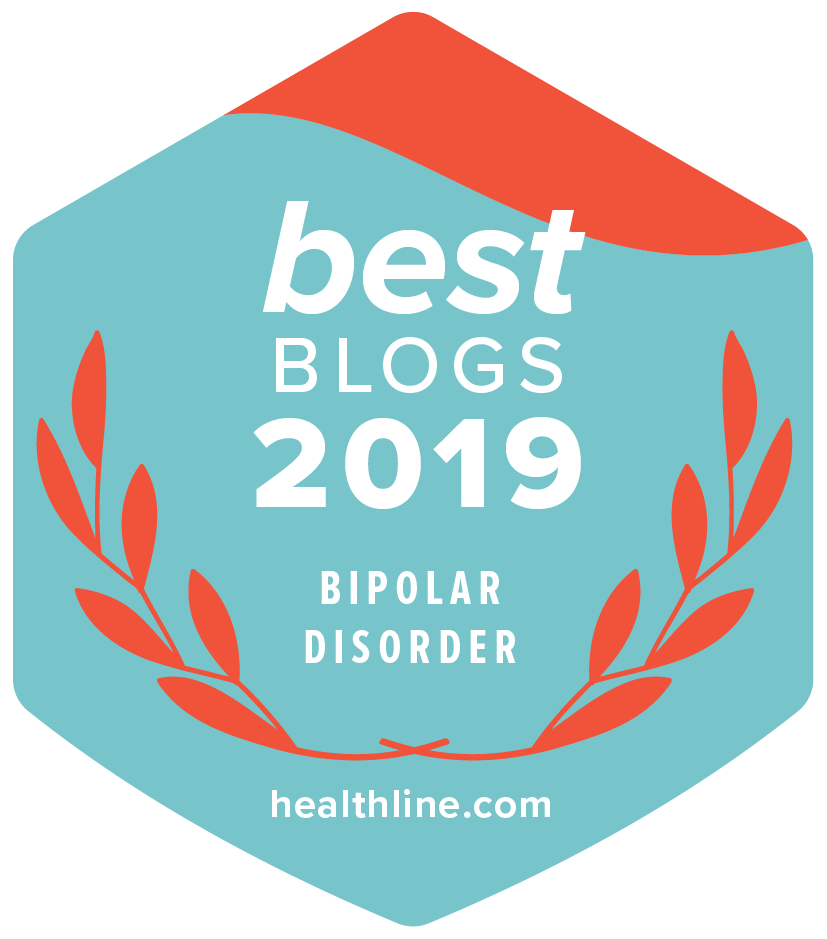
My next project comes out in 2021. I’m revising one of my books and adding a social media chapter. I never could have imagined that working on this book would coincide with the majority of the world staying at home and spending so much time online.
This is a great time to examine how social media actually affects the mood.
If scrolling and watching YouTube videos all day makes a person feel better, then keep on scrolling!
But if the person is like myself, the horrible, often out of control scrolling and video watching simply leads to more OCD and sleepless nights. I find that it deeply affects my thoughts about myself and is rarely good for the #bipolar.
The new section of the book will spend a lot of time talking about the fact that social media is not real. And yesterday I saw a picture comparison that I think is possibly the best illustration of this in the entire world.
The picture on the left is Kylie Jenner without make up taken a couple of days ago. The picture on the right is an image from her Instagram around the same time.
She has the right to do what she wants. It’s her life. It’s her career. She’s incredibly successful and I often study her online process.
The problem I have is the duplicity in the images that use filters and excessive amounts of make up and how this affects young people.
But, as always a good friend of mine Tara Rolstad gave me another perspective. She said, “At the same time that this is happening, there are also tens of thousands if not hundreds of thousands of videos on Instagram that show the make up process and what people look like before. So maybe this is balancing things!”
May-be!
What I do know is that managing my social media intake is as important to my bipolar disorder management as medications.





